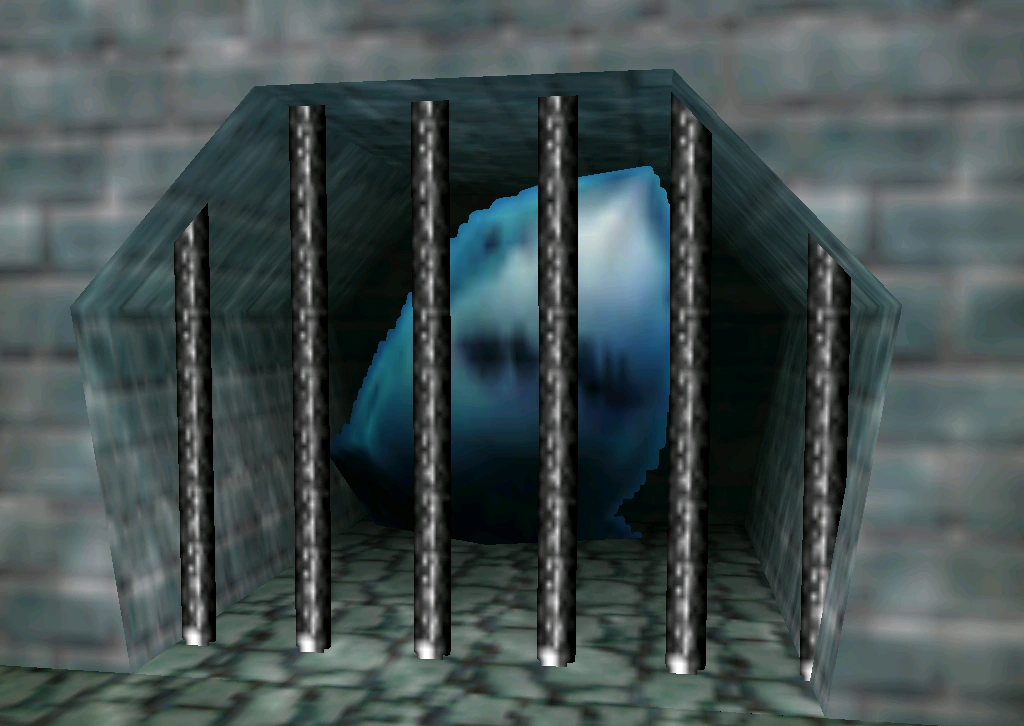Welcome back readers.
Happy Baldur’s Gate III week to those who celebrate. As for me, if I end up having to take a suspicious Monday Mulligan getting the roundup out in a couple weeks, well, consider this Armored Core For Shadowing.
This Week in Videogame Blogging is a roundup highlighting the most important critical writing on games from the past seven days.
Your Skill Is Not Enough
Our opening topic this week is failure–as a design theme, as a mode of play, as an experience of play.
- It’s okay to be bad at games | EX
Clayton Purdom has a conversation with Bennett Foddy about difficult art, failure, and more. - Breaking Harry DuBois | No Escape
Kaile Hultner fails at failure, in a game predicated on failure (disclosure: Kaile now works for CD putting together our monthly newsletter on Patreon).
“Frankenstein’s monster shambles through the streets of Martenaise, beset upon on all sides by the scared and violent townsfolk, impervious to their torches and pitchforks; he has a case to solve.”
Methodological
Next we’re highlighting two longer-form articles about emerging research practices in games crit, with interesting implications for their object games.
- Interpretative Phenomenological Analysis of Hero’s Journeys in Zelda: Opportunities & Issues for Games Studies | Game Studies
Jacqueline Moran proposes a methodological framework for capturing and studying player experiences of game worlds. - Experiential Play as an Analytical Framework: Empathetic and Grating Queerness in The Last of Us Part II | Game Studies
Adrianna Burton and Kimberly Dennin develop an experiential play framework to investigate who The Last of Us Part II is really for.
“We expose how TLOU2 leverages queerness in its representational, mechanical, and narrative elements and center our analysis of these queer elements in our experience. It is through our experience that we demonstrate how queer representation in TLOU2 serves to make it an empathy machine meant for non-queer players.”
Party Chat
Baldur’s Gate III is out this week, so a diverse array of sickos who haven’t had a proper meal since probably Dragon Age: Inquisition are absolutely feasting. Anyway, that’s got people talking more about RPGs in general lately, and here are two of my picks.
- Divinity: Original Sin 2 Created My Longest Lasting Role-Playing Group | Paste
Grace Benfell describes how Original Sin 2 captures a bit of that tabletop camraderie when played with friends. - Diablo 4 Season 1 is a hell of my own making | Eurogamer
Alexis Ong pulls in to the McPhisto’s drive-thru but never has it been more clear that everything kind of tastes the same.
“With my two remaining brain cells, I try to refrain from logging back into the conveyor belt of junky drudgeries that has overwhelmed this lush, gorgeously gothic world. I know some parts of the map now like the back of my hand, and I feel a pleasant familiarity with the land. That I mindlessly power through my silly little video game chores against some of the most beautifully-lit landscapes in the series is a disservice to the environment artists who worked on this for years. Diablo 4 doesn’t have to be like this, but truth be told, I am weak and lazy, and the mindless hum of busywork has become a frighteningly easy form of procrastination from actual work.”
Liminal Space Outlaws
Now let’s look at two games that revel in between-spaces, whether its time, genre, authorship, or reality itself.
- Uprooting Time | Unwinnable
Phoenix Simms leans into the liminality of time and faerie in examining one of From Software’s more obscure–and inaccessible–artifacts. - How Slayers X Builds Authenticity With Artifice (Zane is a LIAR) | Gamesline
Solon plays a boomer shooter out of time that blends eras, authors, and anachronisms into a new authenticity.
“The multi-layered realities in Slayers X as well as Hypnospace Outlaw represent the struggle with navigating online authenticity. You can spend so much time and effort online accusing things of being ‘real’ or ‘fake’ and in doing so completely miss how perspective changes that reality for everyone.”
Critical Chaser
What
“bubsy comparing platforming to shit-shoveling briefly got me to misrecognize the game as playbor. I became aware of the electricity in my room, like one becomes aware of their breathing.”
Subscribe
Critical Distance is community-supported. Our readers support us from as little as one dollar a month. Would you consider joining them?
Contribute
Have you read, seen, heard or otherwise experienced something new that made you think about games differently? Send it in!


